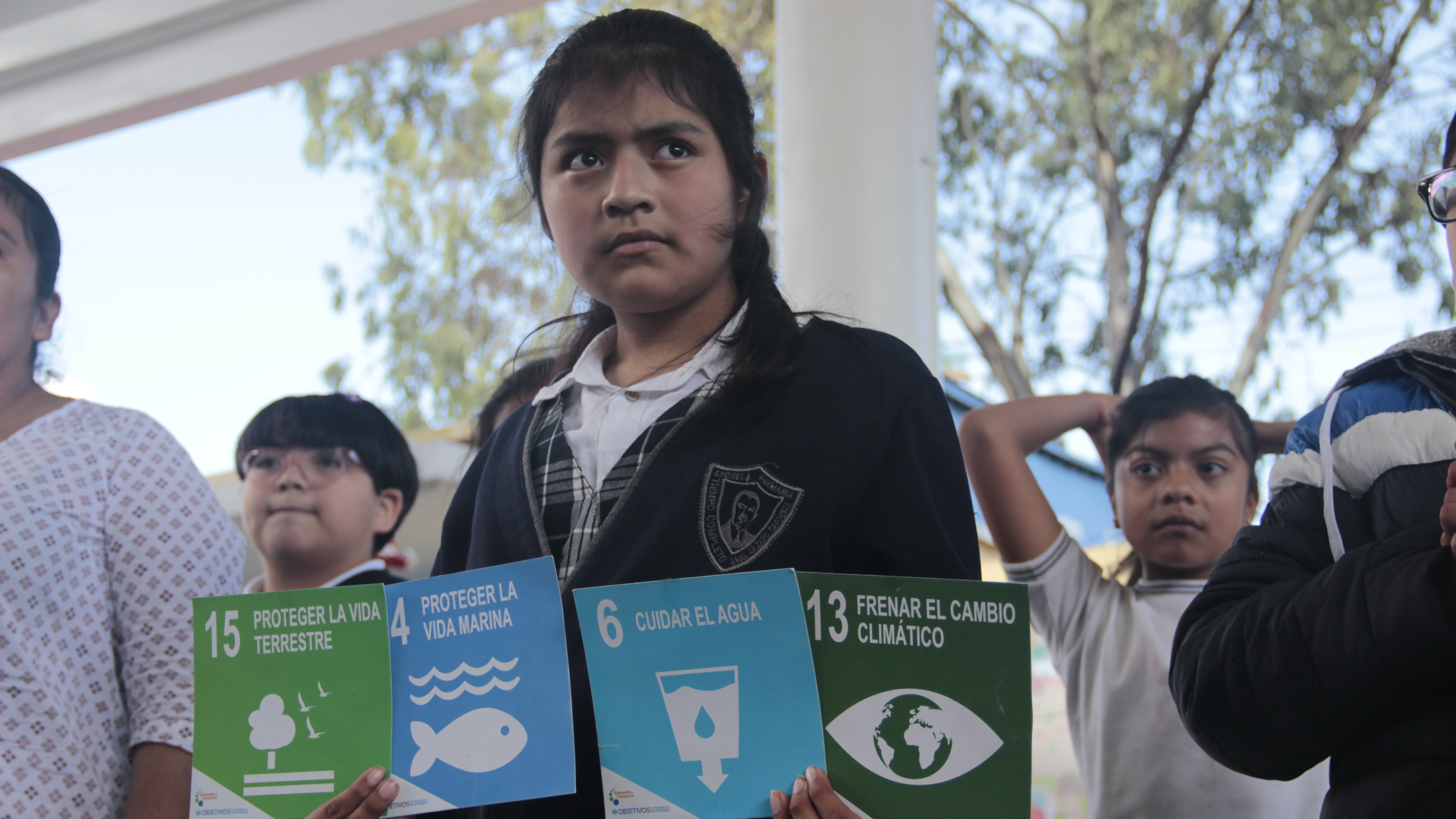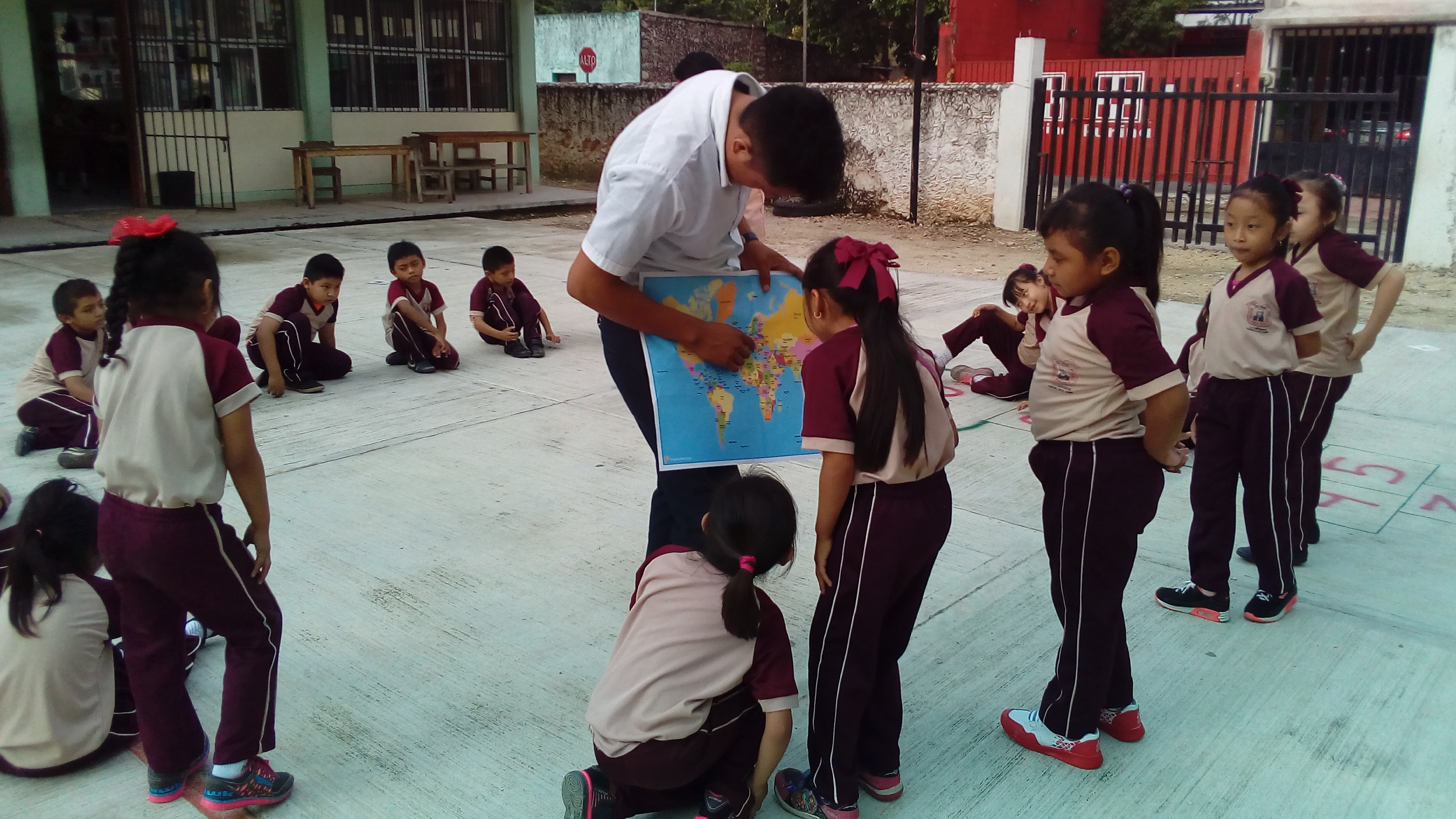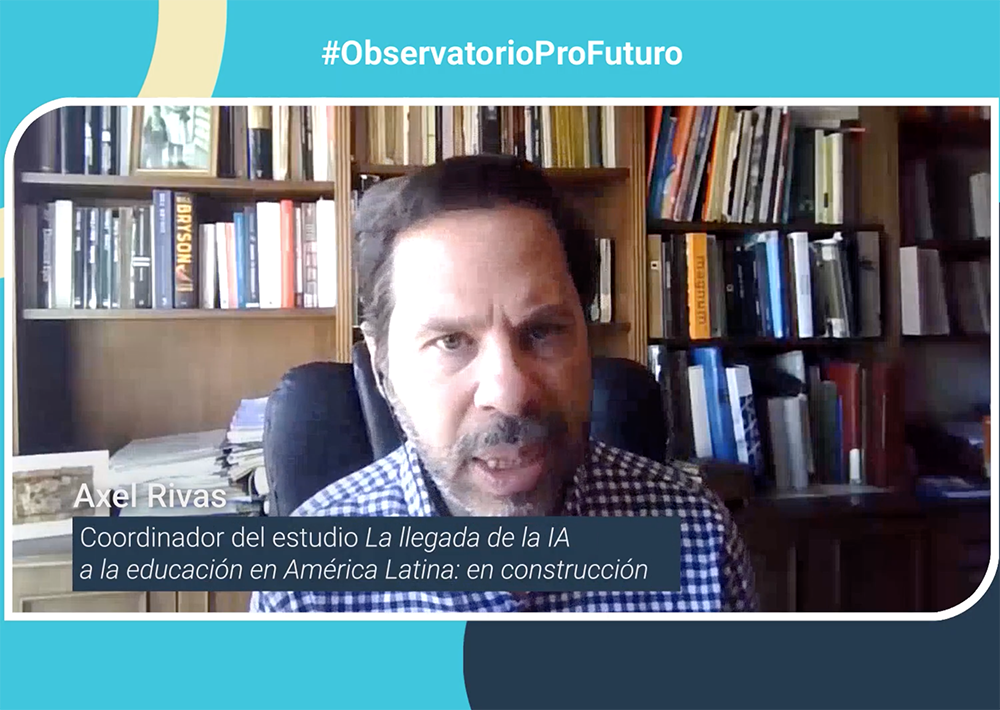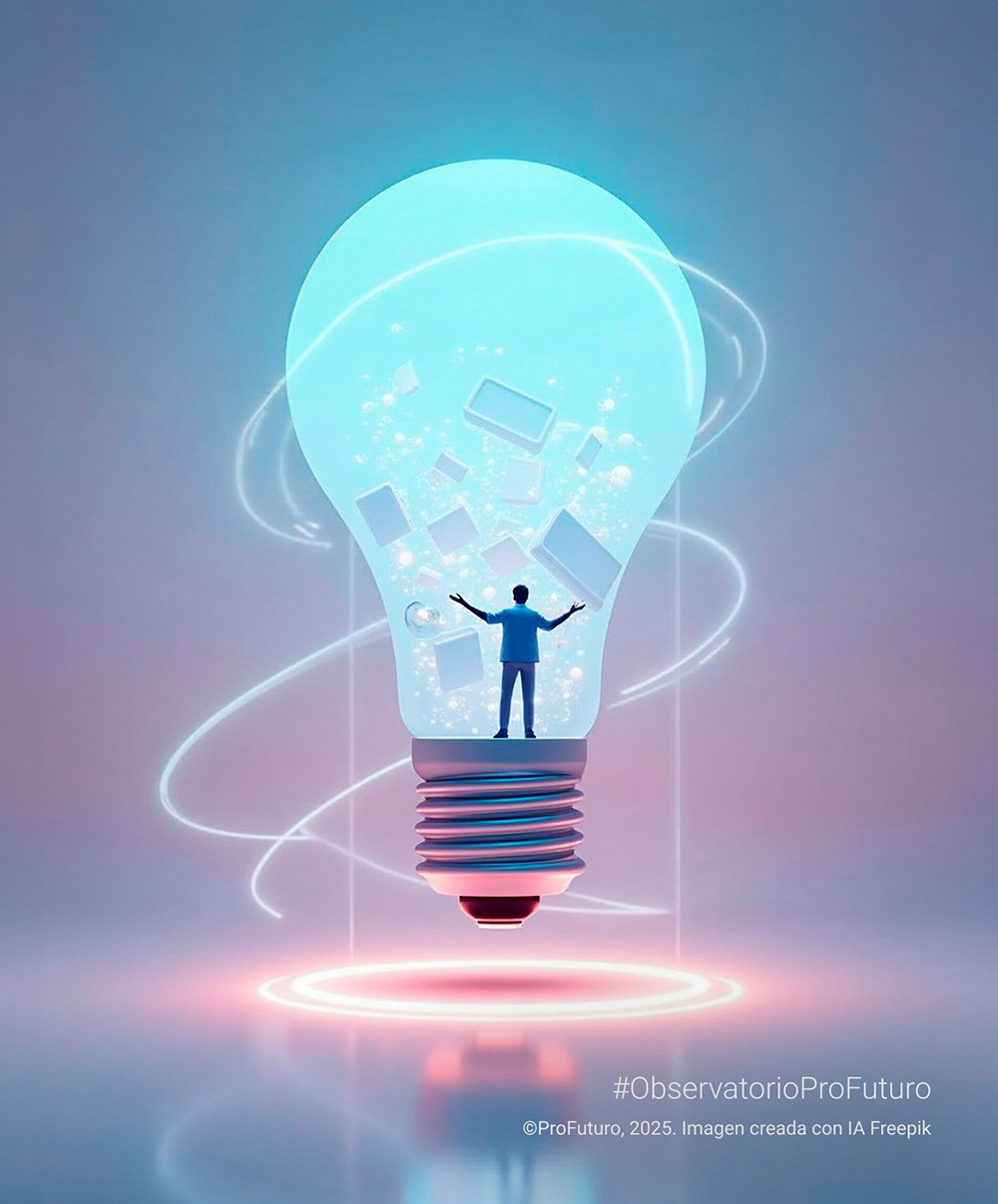Cars that drive themselves, small devices which, when they listen to your voice, turn on lights, play the song you’re longing to hear or regulate the temperature in your home, robots that can perform complicated medical operations, natural disasters and large migratory flows… the 21st century has brought with it huge and fast-paced technological, natural and social changes that are substantially transforming the world we live in. These transformations have hastened the need for new kinds of training and education that are suited to the needs of this new reality and the challenges it has brought with it. What are these challenges and how can we address them through education?
Citizens of the future
Changing the way we interact with each other and the environment
The radical and dizzying evolution of the information society has brought about considerable changes in the way we relate to each other and our environment. One obvious example of this transformation is social media, which sometimes nurture unempathetic and, paradoxically, anti-social attitudes. Another equally paradoxical example is access to unlimited information; today, now that we can locate any data in real time, at any moment and within a thousandth of a second, we’ve become “media illiterates” (OECD dixit), easy victims of hoaxes and fake news.
This is why we need critical citizens who are capable of critically examining the information they receive and critically analysing the important events that happen around them. Citizens who don’t buy lies without thinking. People who try to understand what’s going on around them and seek solutions to improve the world they live in.
Climate Change
We’ve known it for years; we’re putting our planet under a great deal of pressure and the consequences of climate change are becoming increasingly evident. We need to take much better care of our environment and the planet’s natural resources.
This is why we need citizens who are sensitive towards the planet, respectful of the environment they live in and committed to sustainability.
Automation of the labour market
The new technologies have radically changed the employment world and the nature of industrial relations. Many jobs that are liable to be automated will disappear and, conversely, completely new jobs that are currently unimaginable will be created. We’ll also have to learn to live with new office companions. Very special companions, as robots and artificial intelligence will become our colleagues at work. This means that we’ll have to learn to live with them and that people will change their jobs and career orientation many times during their lives.
Above all, this automation will affect the least skilled workers and so, unless we do something about it, the growth and wealth generated by the new technologies won’t reach the most vulnerable people and countries, thus perpetuating the economic, social, digital and educational divide.
This is why we need digitally capable citizens who understand how their new colleagues work and capitalise on their potential, creative and empathetic citizens who know how to enhance and make the most of their most human qualities so as to differentiate themselves from machines and robots that perform other kinds of tedious and repetitive tasks, and resilient citizens capable of adapting to the changes that will come about during their working lives.
Demographic changes
According to data supplied by the World Organisation for Migration, in 2020 there were 280.6 million international migrants around the world. We must then add the latest data provided by the UNHCR, which indicate that 82.4 million people have been forcibly displaced from their homes and in search of a safe place, either across borders or within their own countries. This means that there have never been so many people in the world living outside their country of origin. Our societies are becoming increasingly diverse, heterogeneous and multi-cultural, sometimes resulting in ethnic and racial tensions that are becoming more and more visibly pronounced.
This is why we need citizens who are open and tolerant and able and willing to resolve conflicts and put themselves in other people’s shoes.
In short, we need citizens who are critical, resilient, active, empathetic, responsible, versatile, aware of their place in the world, capable of collaborating, constantly learning, working in teams, creative, innovative and conscious, highly conscious, of their power to change the world. We need global citizens.
Education after the technological revolution
How to become a global citizen As almost always, education is the answer. Schools have a key role to play when it comes to developing the skills required to turn today’s children into tomorrow’s global citizens. But are our education systems ready to shape these global citizens? The bad news is that, for the time being, reality is winning by a landslide. While society was advancing at a rapid pace, our education systems remained anchored in the past, clinging to a kind of education that met the needs of a revolution that isn’t ours, but rather that of our great-great-grandparents. Generally speaking, the industrial revolution needed passive people and “uniform” workers, and it was within this context that the education systems that have survived to the present day came into being.
However, as we’ve seen, the world order has changed. And citizens too. This is why we need different education systems that are suited to the new rules of the game. The good news is that we’re beginning to understand this and that technology can help us to make up lost ground and pull level. In this respect, although it’s true to say that until now “traditional” education has remained focused on strictly cognitive skills, education in the cross-disciplinary skills characteristic of the development of global citizenship is beginning to gain prominence on the agendas of most educational, governmental, inter-governmental and non-governmental institutions by means of the different curricular and extra-curricular programmes that are being implemented in numerous schools around the world.
Global citizenship to break up the circle of equality
Confidence in our own abilities is one of the most powerful weapons of change, seeing how we can do things to change our reality and that of our environment. This is particularly true in vulnerable environments where, at times, family and sociological determinism is imposed to perpetuate a never-ending situation of poverty.
However, it has been shown that cultivating and working on the socio-emotional beliefs and skills of students can influence their academic results twice as much as other factors such as their families’ socio-economic origins. This means that the family’s origin doesn’t necessarily define the future of a vulnerable student if the right skills are worked on at school.
We’ve also been told this by some people who work with children in vulnerable environments. For example, Beatriz Ríos, coordinator of Education at Fundación Telefónica Movistar Uruguay, said just this when referring to the value of computational thinking as a trigger for socio-emotional skills: “Computational thinking gives them the option of being able to expand their world and their possibilities: they begin to see that, little by little, they are able to solve things, and that is extremely valuable because, many times, they not only propose to change their situation, but to change the situation of their context, things that their parents had not even imagined or did not believe they could do”. Furthermore, the educator Dina Buchbinder recently told us about a girl on her “Start by Educating” programme who explained to her how she had felt useful for the first time in her life thanks to her initiative..
Many questions, only one answer
The first quarter of the 21st century, which is nearing its conclusion, has left us many unanswered questions: How do we manage to develop critical and committed citizens who are respectful towards their environment? How can we make the most of multi-culturalism to improve the societies we live in? Can we educate future citizens to enhance their most human qualities so as to complement machines and robots? How are we going to resolve the ethical conflicts posed by co-existing with artificial intelligence? How can we integrate the millions of children who have been forced to leave their homes into schools? Civic and global competences have a great deal to do with the above, because they’re the ones that will teach us to understand the world we live in. Only in this way will we be able to overcome the challenges of the future and capitalise on all the opportunities on offer.








